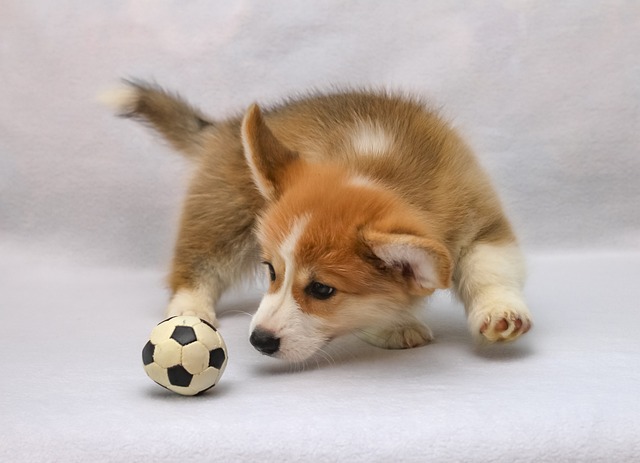
How can I tell if my dog's heatstroke is serious
Let’s be real: It’s a sticky August morning in Los Angeles, and you took your 2-year-old Golden Retriever, Max, for a walk a little later than usual
You rush back to your Seattle apartment after a 10-minute coffee run to find your rescue Border Collie, Scout, howling like a fire alarm and clawing through the doorframe. Your heart sinks – how many months of training will this take? Truth is, severe separation anxiety recovery isn’t measured in weeks. While mild cases might improve in 8-12 weeks, profound panic often requires 6-12 months of consistent counterconditioning. Why so long? Your dog’s amygdala (the brain’s panic button) physically rewires through microscopic neural changes – a marathon, not a sprint. Breeds like German Shepherds or dogs with shelter trauma typically need the longest. But here’s the hope: With science-backed protocols, 80% show significant improvement by month 6.
Start with micro-departures. Forget "crying it out" – that worsens trauma. Day 1: Jingle keys, touch the doorknob, then immediately reward calm behavior with chicken bits. Build to opening/closing the door without leaving (3 days), then stepping outside for 2 seconds (yes, seconds!). For Scout, hitting 5 minutes alone might take 3 weeks. Track progress on a spreadsheet: Note pacing, panting, or destruction via pet cam. Essential tools? Frozen Toppls stuffed with yogurt distract during departures; Adaptil collars release calming pheromones. In Chicago high-rises, run white noise machines to mask triggering sounds like elevator dings. Never scold destruction – it confirms their fear that "alone = danger."

Responsible ownership means managing community impact. Keep rabies vaccines current – a legal must in all 50 states, especially vital if Scout bolts during panic. Always carry extra poop bags: Anxious dogs often have stress-induced diarrhea; uncollected waste in Portland parks risks $250 fines and neighbor friction. Culturally, positive reinforcement is non-negotiable. Shock collars are banned in Wales and ethically condemned – instead, reward quiet moments with lickable mats. Apartment dwellers: Preempt noise complaints. Gift neighbors earplugs with a note ("Training in progress – thanks for your patience!"). Use rugs under crates to muffle scratches. During lobby encounters, practice "sit-stays" to prevent reactive lunging – high cortisol makes leash manners harder.
Setbacks are normal. Moving apartments (common in NYC), holidays, or schedule shifts often trigger regressions. If Scout backslides after reaching 30 minutes alone, reduce to his last successful duration (e.g., 12 minutes) and rebuild. Medication like clomipramine can accelerate progress but requires 4-8 weeks to take effect. Celebrate tiny wins: Five minutes of quiet chewing beats yesterday’s howling! Remember, compliance is communal: Leash Scout even in "pet-friendly" hallways, promptly clean stress-accidents on sidewalks, and choose training times that avoid peak elevator traffic. Your commitment to ethical rehab and neighborhood respect makes healing possible.

Let’s be real: It’s a sticky August morning in Los Angeles, and you took your 2-year-old Golden Retriever, Max, for a walk a little later than usual

You're enjoying a summer afternoon at the park when you notice your dog has stopped panting and appears disoriented - their gums are bright red

Let’s paint the picture: You’re in your Denver apartment, watching your 4-year-old Boston Terrier, Ruby, plop down mid-play session with her favorite toy

Many dog owners notice their pets nails seem shorter after regular walks,but how much does this daily activity actually help?The answer depends on where you walk—concrete sidewalks or asphalt streets gently file nails as a dog's paws hit the ground

Most dog owners notice their pup scooting across the carpet at some point, but few connect it to impacted anal glands. These small sacs near a dog’s rectum secrete a scent for marking territory

Most vets agree that regular dog teeth cleaning is key to avoiding painful dental issues later. For healthy adult dogs, a professional cleaning at the vet’s office every 12 to 18 months usually works well.